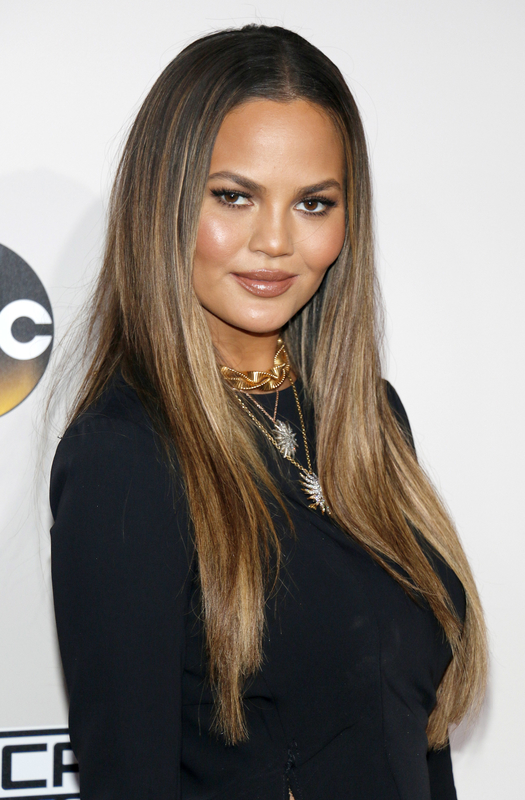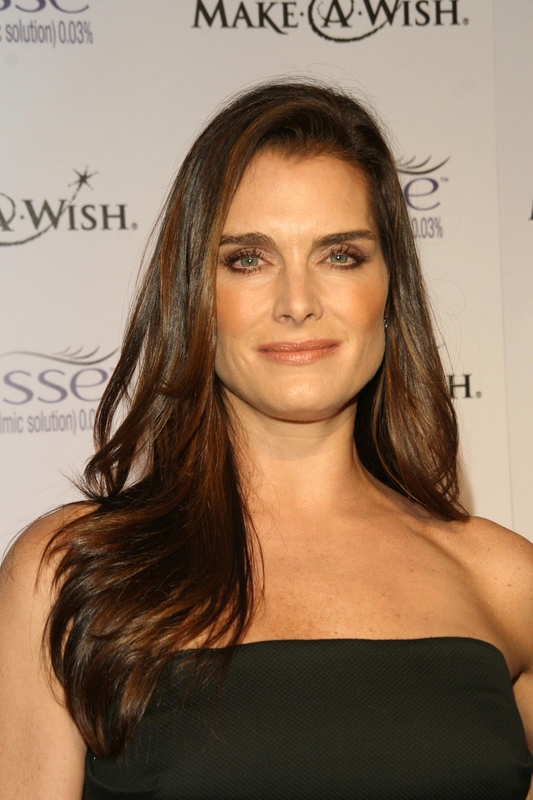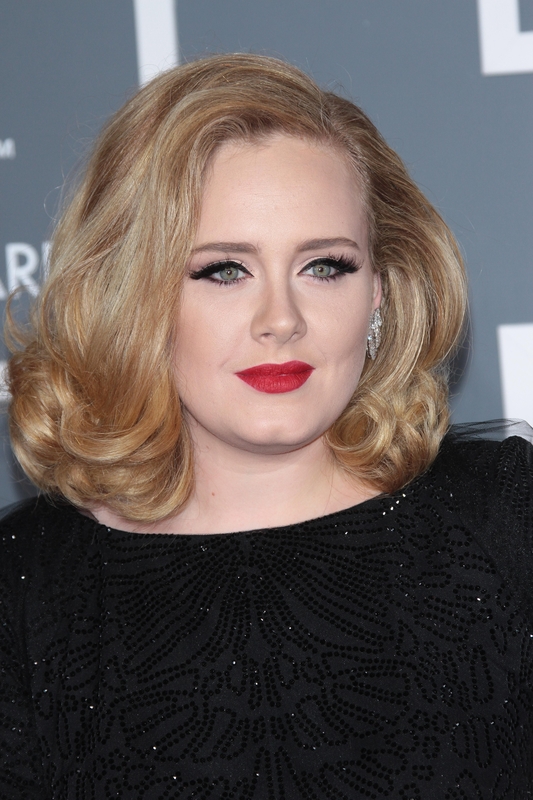Perinatal Mood and Anxiety Disorders (PMADs) is one of the leading complications related to childbearing; however, is often under disclosed and under diagnosed.
While there are certainly improvements to be made in the medical and professional communities, many mothers do not share their symptoms with professionals or even family members. Why is it that mothers who may be suffering from depression or anxiety are reluctant to come forward and receive help?

Photos by © Sbukley | Dreamstime.com © Starstock | Dreamstime.com

Photos by © Sbukley | Dreamstime.com © Starstock | Dreamstime.com
Recently, model, Chrissy Teigen, opened up about her struggles with postpartum depression and anxiety following the birth of her daughter in an effort to combat some of the stigma around mental illness. In her editorial to Glamour Magazine, Chrissy Teigen describes feeling irritable and ambivalent. She was overwhelmed by mood swings, spontaneous crying spells, lack of sleep and physical discomfort. “I couldn’t figure out why I was so unhappy,” she writes. “I blamed it on being tired and possibly growing out of the role: ‘Maybe I’m just not a goofy person anymore. Maybe I’m just supposed to be a mom’” (Glamour Magazine, March 2017). But for the model who used to enter a room with her head held high and a big smile, suddenly she did not feel like herself. “I had become this person whose shoulder would cower beneath her chin. I would keep my hands on my belly and try to make myself as small as possible” (Glamour Magazine, March 2017). Chrissy was eventually diagnosed with postpartum depression and anxiety. As Chrissy admits in her letter, she does not like using the term postpartum depression because the word depression scares a lot of people; however, she also understands that this fear and lack of acknowledgment contributes to the very stigma that she is trying to change through her story.
In addition to Chrissy Teigen, other female celebrities have openly discussed their struggles with postpartum depression and anxiety. Actress, Brooke Shields has been very public about her experience of postpartum depression after the birth of her oldest daughter. In an excerpt from her book, Down Came the Rain (2005), Brooke opens up about her unanticipated reaction to bringing her daughter home from the hospital:
“I was failing at things that, according to popular belief, were supposed to be the most natural in a woman’s life… Everybody always said that I would make a great mom one day… but I didn’t have any desire to power through and care for this baby. I got hit with a wave of self-defeat and self-loathing and had an urge to smash my head against the wall repeatedly. Chris told me to get off my feet and back into bed. Once there, my crying recommenced, and I started strongly believing that I couldn’t be a mother. I was already proving to be incompetent, and we hadn’t been home a day! What had I done? Why didn’t I want to be near my baby?…Where was the happiness that I had expected to feel by becoming a mother?” (Shields, 2005).
Brooke poses questions that many new moms may think, but are fearful to say out loud. The reality of bringing your baby home from the hospital is often different than what you had expected or fantasized. All of the sudden you are tied to this unpredictable and irritable little baby. Women often feel guilty for having these thoughts and so they do not disclose their concerns to partners or loved ones. This can be problematic as untreated symptoms may become more severe and pose safety concerns for mother and child.
Singer, Adele also struggled with postpartum depression, which she disclosed in an interview with Vanity Fair in November of last year. After her son was born, Adele reported feeling a lot of guilt, missing freedom in her schedule and longing for alone time. Adele gravitated towards mom-friends who were going through similar struggles. The singer shares, “One day, I said to a friend, ‘I fuckin’ hate this, and she burst into tears and said, ‘I fuckin’ hate this, too,’ And [the depression] was done. It lifted” (Vanity Fair, December 2016).

Photos by © Sbukley | Dreamstime.com © Starstock | Dreamstime.com
Becoming a new parent can be stressful. While most new parents prepare themselves for changes in roles and new responsibilities, what is often missed are the unanticipated stressors that come from sleep deprivation, lack of control, and trying to meet the needs of this tiny being that you don’t even know yet. Women sometimes attribute these stressors to the exhaustion and growing pains of being a new mom. Indeed there is a period of normal, hormonal adjustment that may cause shifts in mood and feelings of irritability, anxiousness, and sadness that professionals call “Baby Blues”. But what if the feelings that a new mother is experiencing are more than just the “Baby Blues”? Many moms do not recognize these as symptoms of depression or anxiety. Instead they feel an immense sense of failure driven by social expectations to feel happy and blessed after the birth of their new bundle of joy. The myth that mothers do not get depressed or anxious contributes to the stigma associated with maternal mental illness.
PMADs can happen to anyone regardless of age, race, and socioeconomic status. The brave celebrities who have come forward to share their experiences with PMADs have helped to reduce stigma associated with maternal mental health. We need to normalize that motherhood can be both beautiful and challenging and that help is available.
PMADs is diagnosable, treatable and not something that you have to live with. Get the facts at Prepared for Anything? For questions and help, contact Jamie Kreiter, LCSW here.
Reference:
Postpartum Support International. (2017). Pregnancy & Postpartum Mental Health. Retrieved from http://www.postpartum.net/learn-more/pregnancy-postpartum-mental-health/
Robinson, L. (2016, December). Adele queen of hearts. Vanity Fair, December Issue, Retrieved From http://www.vanityfair.com/culture/2016/10/adele-cover-story
Shields, B. (2005). Down came the rain: My journey through postpartum depression. New York, New York: Christa Incorporated.
Teigen, C. (2017, March 6). Chrissy Teigen opens up for the first time about her postpartum depression. Glamour, March Issue, Retrieved from http://www.glamour.com/story/chrissy-teigen-postpartum-depression
Written By jamie.kreiterLCSW
Celebrities Share Their Struggles in Motherhood was originally published @ Blog – Jamie Kreiter, LCSW and has been syndicated with permission.
Sources:
Our authors want to hear from you! Click to leave a comment
Related Posts



